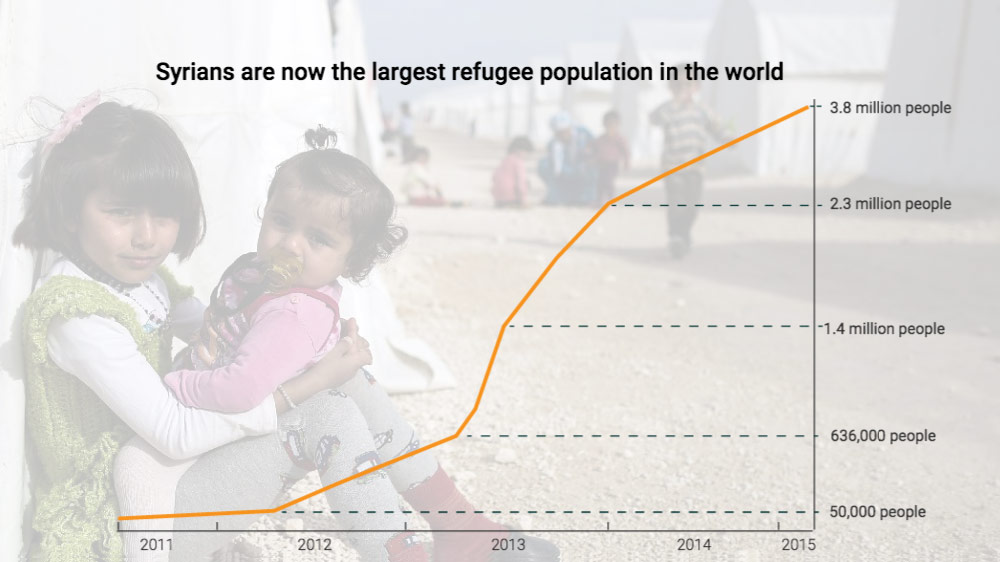Talking Syria in a Turkish beach resort
Syrian crisis sidelined by Ukraine and Afghanistan at NATO foreign ministers’ meeting in popular holiday city.

It was Rudyard Kipling that said East is East and West Is West and never the twain shall meet.
Clearly, Turkey was not on Kipling’s mind when he wrote his ode to the Indian subcontinent, but the intersection of East and West is where Turkey lies and the connection between the two is the defining characteristic of this former empire.
Keep reading
list of 4 itemsAslan, a little Syrian boy’s journey to hear again
Student, volunteer, shopowner: NW Syria’s Shaima defies limitations
World Food Programme to end general assistance in northwest Syria
To the east lies Syria and Iraq. The west – Russia and Europe.
Both present significant challenges to Turkey.
Syria’s brutal, fractious war has spilled over into neighbouring countries and Russia’s foreign-policy role casts a long shadow over the region.
It was that thinking that dominated Ahmet Davutoglu’s opening remarks at the NATO foreign ministers meeting in Turkey’s popular tourism destination, the city of Antalya.
The Turkish prime minister stressed the need for action against the Islamic State of Iraq and the Levant (ISIL) group and that it was Turkey which was bearing the brunt for NATO member states when it came to Syrian refugees and humanitarian aid.
Turkey’s problem
Jan Stoltenberg, the NATO secretary-general, echoed his remarks and said that more needed to be done in combating the threat from ISIL.
But then there was silence on Syria, with the summit concentrating on Ukraine and NATO’s commitments in Afghanistan.
Syria was once again the elephant in the room.
Everyone knows it’s there, but nobody wants to really talk about it.
The reasons are clear. It’s Turkey’s problem.
NATO has fulfilled its constitutional requirements by deploying the Patriot missile defence system to Turkey’s border with Syria.

Any further action needs to be proposed by Turkey.
One idea it is thinking about is the implementing secure zones in Syria that would allow for refugees to return, for international monitoring organisations and humanitarian aid stations to be established.
However, this would require an immense military effort and is technically and legally an act of war.
The idea was first floated by Turkey in 2012 and resurfaces on occasion at international summit.
If a military effort to establish safe zones was to be convened it would likely be run by NATO.
Turkey's Prime Minister Ahmet Davutoglu meets with Secretary Kerry at #NATO Foreign Ministerial in Antalya. #ForMin pic.twitter.com/SWJSDjEurf
— US Mission to NATO (@USNATO) May 13, 2015
All of its member states are part of the coalition against ISIL in some way or another so it makes sense. James Appathurai is NATO’s deputy assistant secretary-general for political affairs.
“We know Turkey think this is the right thing to do, and we know they’ve brought it up in other forums. We also know that they’ve discussed it with the US and with Saudi Arabia.”
So if all the member states are involved in the coalition against ISIL in some way, then why haven’t the secure zones been established? The answer lies in complex number of factors.
Nestled in the lush green fields of the Antalya countryside is the international university, home to international affairs lecturer Tarik Oguzlu.
He is of the opinion that who to fight might be the issue.
“There’s a disagreement between Ankara and Washington on who the enemy in Syria is,” he says.
“For Turkey it’s always been Assad; the Americans insist it’s ISIL. That has meant any kind of NATO role is difficult.”
Religion and culture
For Turkey, religion and culture also plays a part.
Any kind of intervention by Turkey alone into an predominantly Muslim Arab country would not go down well at Turkish citizens.
Antalya is close to the Syrian border but its provincial authority has discouraged them from coming.
“Because you don’t see the refugees on the streets here and in other major urban centres it’s not an issue for the people, but military action will be,” says Oguzlu.
There are also electoral considerations with an election just a few weeks away.
All of these disagreements and issue between countries have created an situation which both Assad and ISIL, the Nusra Front and the various other factions have taken advantage of.
Back at the NATO summit, there is a TV screen that shows Syria burning. There is a NATO delegation with their backs to the TV.
It’s apt.
